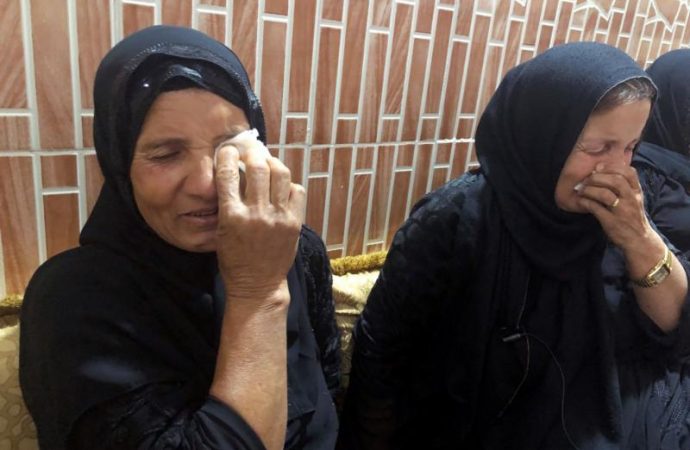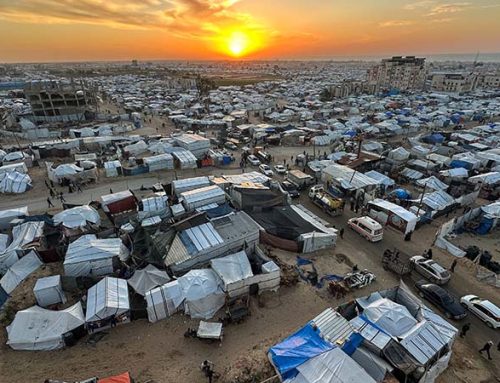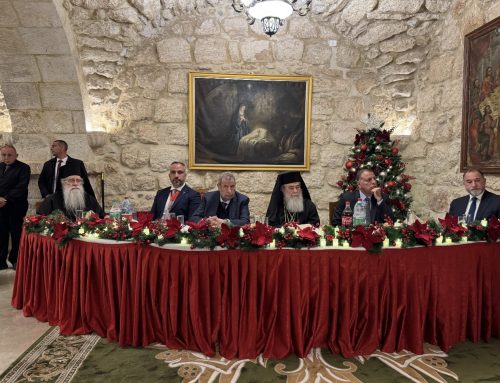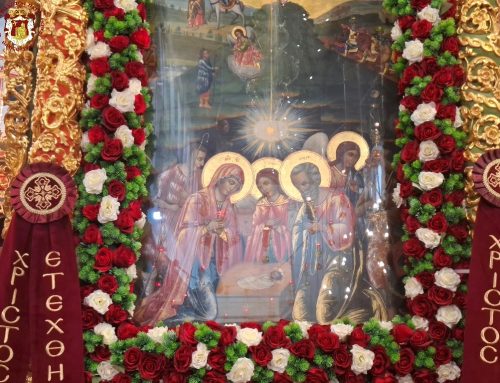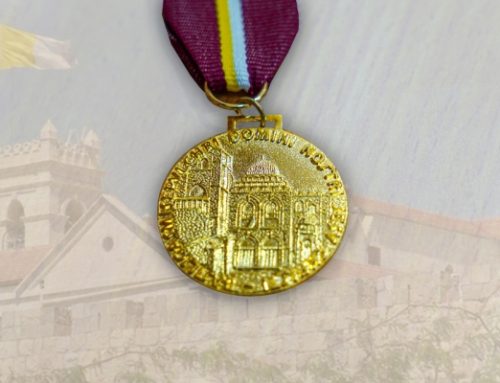AMMAN, Jordan — Turkish airstrikes and ground troops are threatening areas in northern Iraq populated by Christians, Yazidis and Kurds trying to recover following 2014 attacks by Islamic State militants.
Initially, airstrikes shook Mount Sinjar, an area that is home to the Yazidi minority and where the militants carried out a genocide against the Yazidi community. On June 17, Turkish commando forces were then airlifted into the border region of Haftanin, some 9 miles from the Turkish-Iraqi border, for what Turkey said is a military operation against Kurdish rebels; however, analysts and others dispute the claim.
“Shelling by the Turkish military hit fields near the town of Bersev, forcing some 10 to 15 Christian families to flee,” said a Chaldean Catholic priest, who wished his name withheld for fear of his safety. “Those families have now returned.”
“But Christians are very fearful about what is going to happen because they are quite aware that neither the Iraqi nor the Kurdistan regional government can do anything to stop this,” said Father Emanuel Youkhana, a priest, or archimandrite, of the Assyrian Church of the East, who spoke with the priest.
Turkish President Recep Tayyip Erdogan “is taking advantage of the fact that world powers are not making Iraq a priority at the moment. Baghdad and Irbil, the capital of the Kurdish region, are weak. Also, Kurdistan’s economy is linked to Turkey,” said Youkhana, who runs Christian Aid Program Northern Iraq, a program for displaced Iraqis around the northern Iraqi city of Dahuk.
“People fear that these operations, involving aerial bombardments, troops and the ‘temporary’ set-up of Turkish military bases on the ground, will be both widespread and last for a long time,” Youkhana told Catholic News Service by phone. “This is happening in the border area of Dahuk near Zakho and Bersev. These military operations are more intensive than in the past.”
“Many Kurdish villagers close to the border with Turkey have fled, and there have been reports of some 16 Kurds who have been killed,” Youkhana said.
The Kurdistan-based media organization Rudaw reported June 21 that one woman commented on social media that the bombings reminded her of the Islamic State invasion of Ninevah province.
Rahim, a Christian teacher in Dahuk, told Rudaw that the previous night, “a huge bang reverberated through our house. When I rushed outdoors, I noticed flames billowing just two kilometers (1.2 miles) from our house.”
“No one dared to come out until this morning. As soon as the sun rose, I went to the front courtyard and saw that my car’s windows had been completely smashed by a giant piece of shrapnel that had fallen onto it,” Rahim said.
Rahim described locals as “all terrified by the bombing, including children, women, men, and elderly.”
A woman escaping from the village of Keshani, where most people tend farmland and livestock, told the Associated Press: “We are scared because of the Turks. We don’t want our kids to be killed, so we have to leave, but we don’t have any place to go.”
“Nothing is left, and our government didn’t do anything,” she said, speaking on condition of anonymity because of security concerns.
Turkey claims it is fighting the Kurdistan Workers Party, but analysts say the party’s affiliates in Sinjar reportedly have not carried out attacks on Turkey.
The Washington-based U.S. Commission on International Religious Freedom has condemned Turkey’s military operations near civilian areas in northern Iraq.
“USCIRF calls on Turkey to immediately cease its brutal airstrikes in Sinjar, Iraq, and to withdraw any ground troops — who represent a dangerous escalation of violence in an already-fragile area,” the commission’s chair, Gayle Manchin, said a June 19 statement.
“These actions are particularly threatening to hundreds of traumatized Yazidi families attempting to return to Sinjar and to other civilians in northern Iraq,” she said.
“These indiscriminate operations have taken place just days after 200 families arrived in Sinjar after six years in a refugee camp in Dahuk” and are “in close proximity to towns and camps in which displaced Yazidi families have taken refuge since the 2014 genocide by the Islamic State,” the statement continued.
Nadia Murad, a Yazidi survivor of the 2014 genocide and 2018 Nobel Peace Prize laureate, tweeted June 15: “Mount Sinjar is a war zone right now. Turkish fighter jets are bombing multiple locations. Over 150 Yazidi families had just returned to their homes.”
Murad asked when the Iraqi government and the international community would “apply some courage and political will to resolving security challenges in Sinjar.”
Youkhana called this latest military operation “another unjustified action by the Turkish state targeting the people with an unfair, unjustifiable pretext of targeting so-called terrorist groups.”
Source: cruxnow.com

